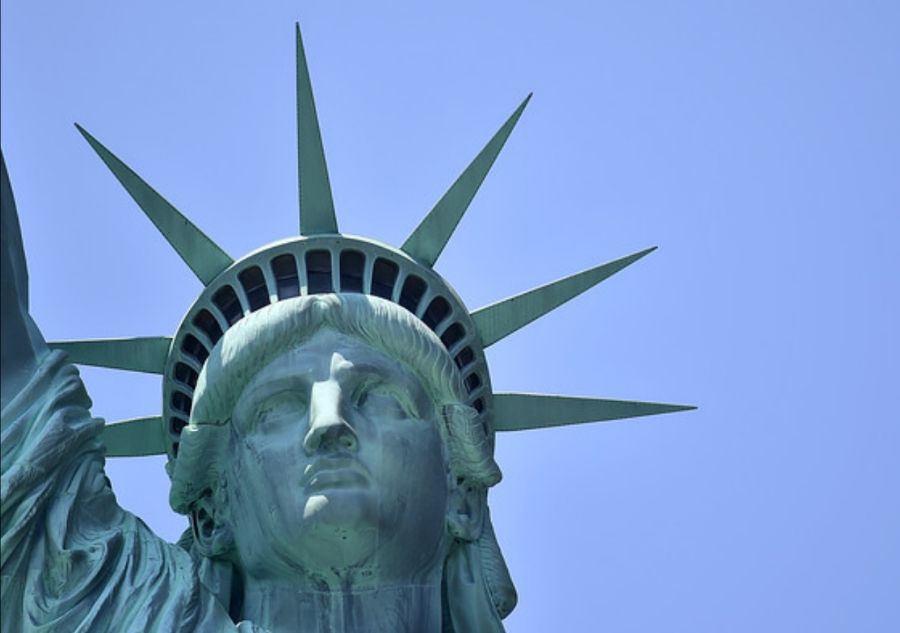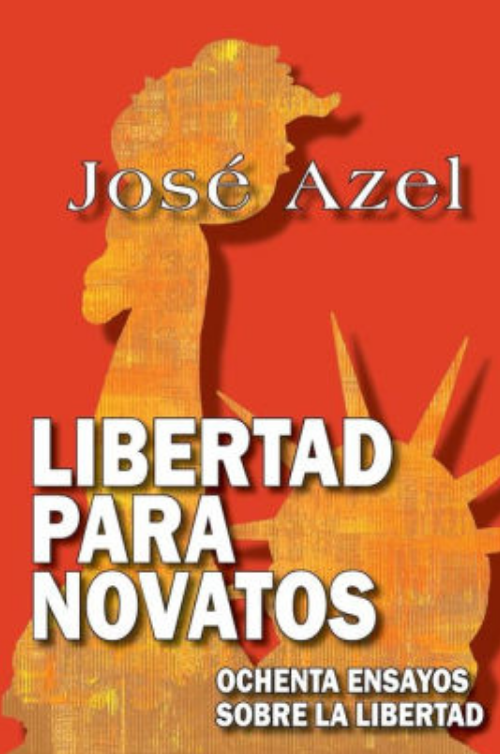| Democracy and free markets form the sociopolitical environment that allows us to transform our aspirations into achievements. And, for most people, the United States is the place that epitomizes both democracy and free markets. Thus, the United States has become the archetypical “nation of immigrants.” |
|
Between 1820 and 1914, the United States experienced the largest migration in the history of the world when more that 30 million people arrived at U.S. shores. Today, the U.S. population includes nearly 50 million people born abroad, from more than 140 countries. The United States takes first place as a migrant destination with 19 percent of the world’s total migrant population.
Yet, as explained by Professor Amy Chua in her latest book “Political Tribes,” the United States is an ethnicity-transcending nation that has had extraordinary success in assimilating people from diverse origins. “Most European and all East Asian countries originated as, and continue to be, ethnicnations. In these European and Asian countries, the population is overwhelmingly composed of a particular ethnic group, which typically supplies the country’s name as well as its national language and dominant culture.” For example, China, Germany, and Hungary are politically, linguistically, and culturally dominated by ethnic Chinese, Germans, and Hungarians. Our tribal instinct is more than an instinct to belong; it is also an instinct to exclude.
In contrast, the national identity of the United States is not defined by the identity of any one of the many ethnic groups that make up the U.S. population. Professor Chua aptly refers to the United States as a “tribe of tribes,” with citizenship equally open to anyone born on U.S. soil, independently of their ancestry. In the U.S., one can be intensely patriotic as a Mexican-American, Japanese-American, Cuban-American, and the like. However, elsewhere in the world people are not similarly assimilated; we do not speak of Mexican-French, or Japanese-French. In the United States, immigrants from all sorts of ethnicities, become American in short order.
Importantly, the Fourteenth Amendment to the U.S. Constitution -which established that anyone born in the United States is an American citizen-, is an extremely rare legal construct. Birthright citizenship was groundbreaking when the Fourteenth Amendment was ratified in 1868, and remains exceptional today. No European or Asian country grants birthright citizenship, and the recent trend has been to abolish birthright citizenship as France did in 1993, Ireland in 2005, and New Zealand in 2006.
A disturbing conclusion, of Professor Chua’s work, is that the rapid democratization we desire for the undemocratic world can have catastrophic ethnic-centered consequences. Democracy has powerful ramifications concerning ethnic groups. Group hatred is not neutralized by democracy. In fact, as we have seen in Afghanistan, Iraq, and elsewhere, democratic aspirations can be a catalyst that incites group hatred. In countries where national identity is weak, and ethnic divisions have long been suppressed, rapid democratization often rouses group hatred. Experience has shown that “Vote-seeking demagogues find that the best way to mobilize popular support is not by offering rational policy proposals but by appealing to ethnic identity, stoking historical grievances, and exploiting group fear and anger.”(Chua)
In the United States, the most recent immigration inflows, unlike earlier waves, have been from Asia and Latin America resulting in what demographers label as the “browning” of America. And, for the first time in U.S. history, white Americans (as the term is used demographically) are about to lose their status as the country’s majority. The U.S. Census predicts that this will happen by 2044.
Notwithstanding, we must judiciously continue to be an inclusive welcoming nation where individuals can turn aspirations into achievements without regard to ethnicity or national origins. But also, those Americans who are anxious about the massive influx of immigrants must be able to express that anxiety without being unfairly branded as racists. Democracy and free markets are the fairest and most efficient political and economic systems ever developed. They are also the most respectful of our individual liberty. Our national identity is strong and capable of embracing immigrants and natives together, as one American people.
Please let us know if you  this article. this article. |
|
We welcome your feedback.
Abrazos,
Lily & José
(click on the name to email Lily or Jose) |
|
|
|
|










No comments:
Post a Comment